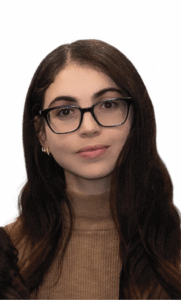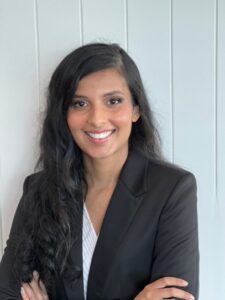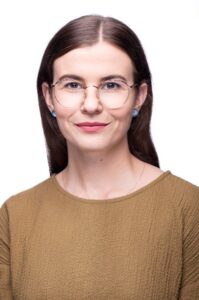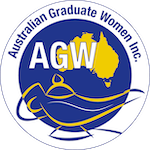AGW Fellowship Recipients 2025
AGW is pleased to announce the 2025 AGW Fellowships awardees:
Hanadi Hoblos

Hanadi Hoblos
Hanadi Hoblos
PhD candidate in Medical Biology at The University of Melbourne and Walter Eliza Hall Institute of Medical Research (WEHI)
Summary of academic and professional background
Hanadi Hoblos is a PhD candidate in Medical Biology at The University of Melbourne and Walter Eliza Hall Institute of Medical Research (WEHI), specializing in understanding the molecular mechanisms and structures underlying biological cells. Hanadi has worked at leading microscopy facilities, including the European Molecular Biology Laboratory (EMBL) in Germany and WEHI’s Center for Dynamic Imaging, developing expertise at imaging cellular processes at various scales.
Project Summary
Visualising cell death and inflammation with cutting-edge microscopy. Using state-of-the-art light and electron-based microscopy techniques, her research explores a form of programmed cell death linked to inflammatory diseases, called Necroptosis. This knowledge could pave the way for new therapeutic strategies to control cell death in disease and reduce inflammation. The Fellowship will enable Hanadi to train at The Astbury Centre for Structural Molecular Biology in the UK, where she will gain hands-on experience with the latest microscopy technologies, including cryo-electron tomography (cryo-ET). This opportunity will not only advance her research but also help contribute expertise in Australia, fostering new discoveries in medical biology.
Rashmi Pithavadian

Rashmi Pithavadian
Rashmi Pithavadian, BA, MRes, FHEA,
an award-winning health researcher, sessional academic, and PhD candidate at Western Sydney University
Summary of academic and professional background
Her MRes thesis examined, and proposed a model to understand and mitigate, women’s help-seeking challenges for their vaginismus. She published four peer-reviewed journal articles on this work. Her current mixed methods PhD research will develop resources for health professionals to better support women with vaginismus. Part of this research is accepted for an international conference presentation.
Project Summary
Rashmi’s PhD focuses on developing a clinical questionnaire with user guides to holistically support women’s biopsychosocial challenges with vaginismus – a common yet often-overlooked female sexual dysfunction. The Fellowship will enable Rashmi to recruit health professionals into focus groups in hospitals, universities, and national organisations across Australia. These focus groups are designed to collect health professionals’ feedback to improve the questionnaire’s quality and feasibility. It will also facilitate the project’s wider exposure to translate the research into practical healthcare use. This supports the goal to develop resources that improve healthcare and quality of life outcomes for women with vaginismus.
Hannah Greenwood

Hanna Greenwood
Hannah Greenwood
A PhD candidate at Bond University’s Institute for Evidence-Based Healthcare. She holds a Bachelor of Psychological Science with first-class Honours from the University of Queensland
Summary of academic and professional background
Her research focuses on improving the use of potassium-enriched salt in primary care for cardiovascular disease—the leading cause of death worldwide. Potassium-enriched salt lowers cardiovascular risks, but it is not widely adopted. Hannah aims to co-design and test evidence-based implementation strategies to bridge this gap.
Project Summary
Indigenous Australians face a higher risk of cardiovascular disease and may benefit from using potassium-enriched salt (salt low in sodium and high in potassium). In her fellowship project, Hannah will use Yarning circle, a culturally sensitive qualitative method, to understand Indigenous Australians’ perspectives on using potassium-enriched salt. She will also undertake training to deepen her understanding of Indigenous research methods. This fellowship will enhance Hannah’s methodological skills and extend the impact of her existing work to implement potassium-enriched salt. This project is a crucial first step in making potassium-enriched salt accessible to Indigenous Australians in a way that aligns with contextual values.
